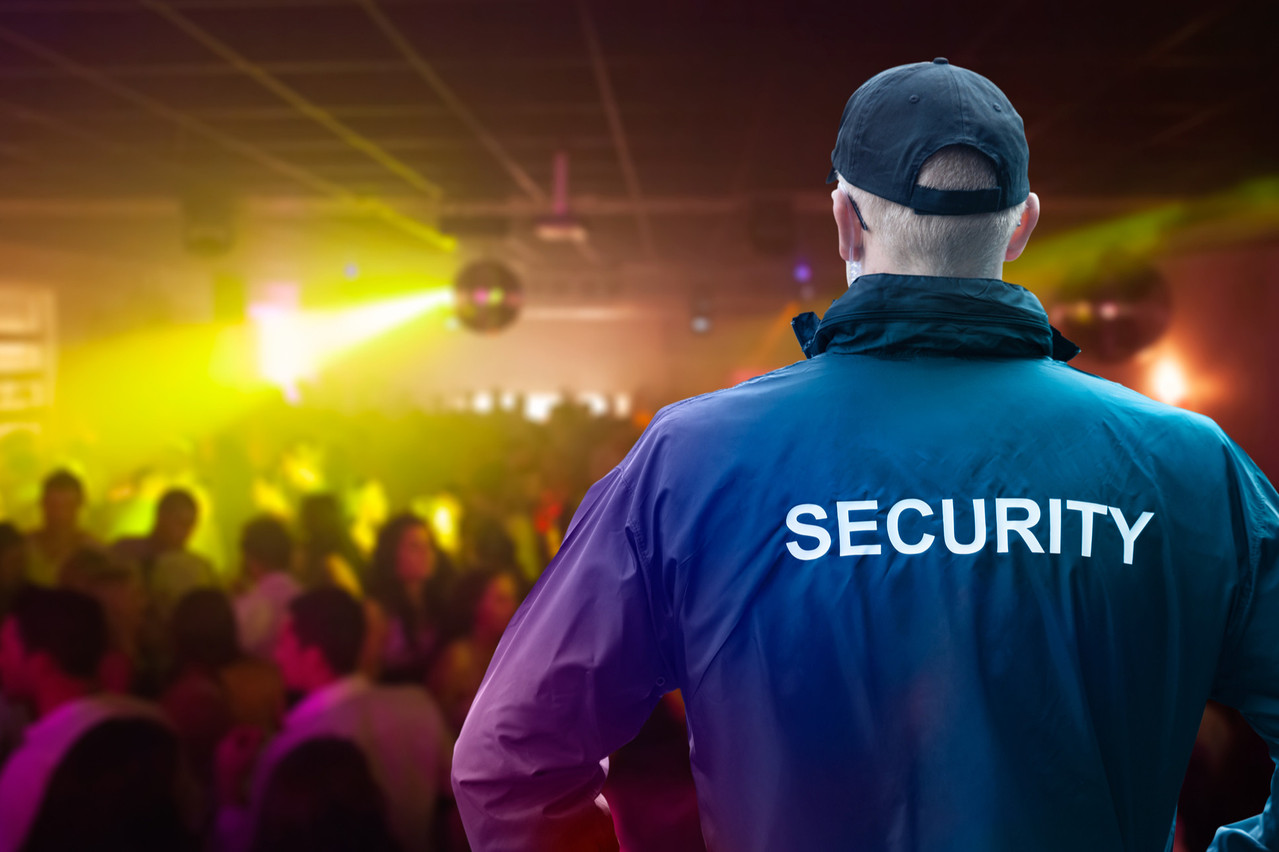Vaccinated, tested or recovered: the CovidCheck is the new door-opener for events or establishments that want to avoid health restrictions. However, checking these QR codes represents an additional workload. A stroke of luck for security companies now tasked with policing masks and social distancing?
“We have indeed received quite a few requests from municipalities and event organisers,” explains Laurent Jossart, CEO of G4S. He counts “about ten per week” since mid-July. “We also get requests from discos and schools for open days.” This certainly does not represent “huge amounts” of additional turnover, but rather “extra butter in the spinach”. The price of this new service is equivalent to that of traditional access control missions, calculated according to the duration and number of agents required.
This increase in activity during the holiday period has necessitated the recruitment of a number of short-term contracts for the company, which has 1,200 employees. The company does not want to commit to longer-term contracts without knowing how long this new demand will last.
Another security company, with 100 employees, also confirmed a demand linked to the CovidCheck. The firm has experienced an increase of less than 2% in activities, and only in the events sector. “Restaurants simply prefer to empower their staff,” explains the manager, who wishes to remain anonymous.
Uneven impact
At Vigicore, “demand has increased by 35% because of covid. To check the number of people in large stores, to measure the temperature on building sites.” This has led to the recruitment of about 50 agents. The company now has 200 employees. But it has not recorded any effect related to CovidCheck, beyond a few extra jobs.
Another company, also preferring to remain unnamed, is experiencing the crisis as a “direct shock”. Its activity is picking up “little by little”, but without any link with CovidCheck. “Among the major players in the market, the ones who share the cake, we know that this has an impact. For us, not at all,” they say.
When contacted, Brink’s and Dussmann did not wish to respond to Paperjam. Securitas explains that it does not work in the event industry.
An organisation that is already well-established
As far as customers are concerned, “the impact is minimal”, says , manager of the Atelier concert hall. “In addition to checking the ticket, you just have to scan the CovidCheck.” Depending on the event, this is either done by in-house staff or by security companies, which would have been commissioned even without the CovidCheck scheme. “The most problematic thing is in connection with people who want to be tested on site.” The institution is therefore considering removing this possibility.
In the Kinepolis Luxembourg cinemas, “during peak periods, someone from a security company” scans the QR codes. “In off-peak periods, it’s our own team, who have been equipped with smartphones,” says manager Christophe Eyssartier. Access control and on-site tests also represent an unspecified additional cost.
This article on Paperjam. It has been translated and edited for Delano.
